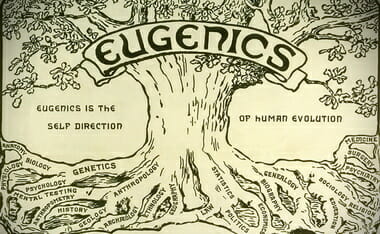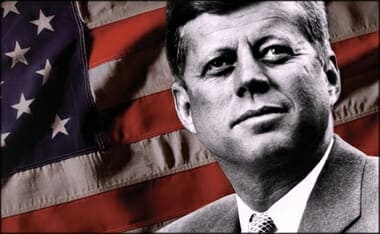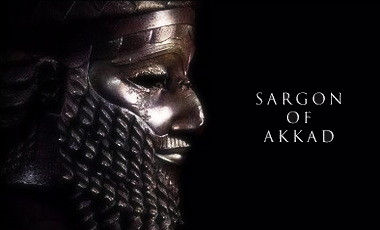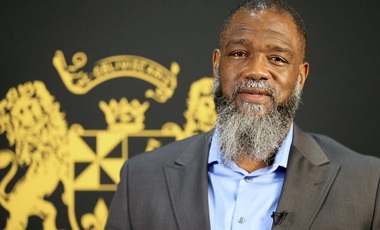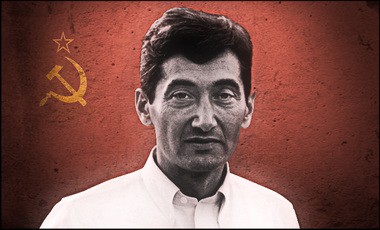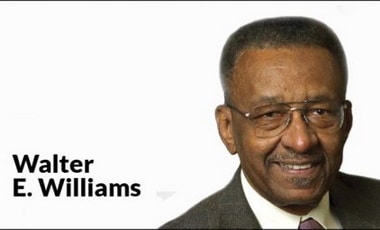….WHAT I TAKE to be the truth about John Kennedy and his conservatism has, in the years since he died, been forgotten. This is partly because of the work of liberal historians and partly due to changes in America’s major political parties. Yet calling Kennedy a conservative was hardly controversial during his lifetime. “A Kennedy Runs for Congress: The Boston-bred scion of a former ambassador is a fighting-Irish conservative,” Look headlined an article in June 1946. “When young, wealthy and conservative John Fitzgerald Kennedy announced for Congress, many people wondered why,” the story began. “Hardly a liberal even by his own standards, Kennedy is mainly concerned by what appears to him as the coming struggle between collectivism and capitalism. In speech after speech he charges his audience ‘to battle for the old ideas with the same enthusiasm that people have for new ideas.’”
The Chicago Tribune reported Kennedy’s election to the U.S. Senate in 1952 by describing him as a “fighting conservative.” In a June 1953 Saturday Evening Post article, Kennedy said, “I’d be very happy to tell them I’m not a liberal at all,” adding, speaking of liberals, “I’m not comfortable with those people.” In 1958, Eleanor Roosevelt was asked in a television interview what she would do if she had to choose between a “conservative Democrat like Kennedy and a liberal Republican [like] Rockefeller.” She said she would do all she possibly could to make sure the Democrats did not nominate a candidate like Kennedy.
On the campaign trail before the 1960 election, Kennedy spoke about economics: “We should seek a balanced budget over the course of the business cycle with surpluses during good times more than offsetting the deficits which may be incurred during slumps. I submit that this is not a radical fiscal policy. It is a conservative policy.” This wasn’t just campaign rhetoric—Kennedy kept his distance from liberalism right up until his assassination. “Why are some ‘liberals’ cool to the Kennedy Administration?” Newsweek asked in April 1962. The article went on to explain: “the liberal credentials of young Senator Kennedy never were impeccable…He never was really one of the visceral liberals…many liberal thinkers never felt close to him.”
Even after Kennedy’s death, the “conservative” label was used to describe the late president and his policies by some of those who knew him best. One campaign staffer and congressional aide, William Sutton, described Kennedy’s political stance in the 1946 campaign as “almost ultraconservative.” “He was more conservative than anything else,” said a Navy friend of Kennedy’s, James Reed, who went on to serve Kennedy’s assistant Treasury secretary and who had talked for “many hours” with the young Kennedy about fiscal and economic matters. Another of Kennedy’s friends, the Washington columnist Joseph Alsop, echoed these sentiments in a 1964 interview:
The thing that’s very important to remember about the president was that he was not, in the most marked way, he was not a member of the modern, Democratic, liberal group. He had real—contempt I’m afraid is the right word—for the members of that group in the Senate, or most of them…What he disliked—and here again we’ve often talked about it—was the sort of posturing, attitude-striking, never getting anything done liberalism…This viewpoint was completely foreign to Kennedy, and he regarded it with genuine contempt. Genuine contempt. He really was—contemptuous is the right word for it. He was contemptuous of that attitude in American life.
Alsop went on to emphasize “the great success that the Kennedy administration had with an intelligent, active, but (in my opinion) conservative fiscal-economic policy.”
In January 1981, in the early days of the Reagan presidency, a group of Kennedy administration veterans gathered at the John F. Kennedy Library in Boston for a private conversation. One of the participants, Ted Sorensen, said, “Kennedy was a fiscal conservative. Most of us and the press and historians have, for one reason or another, treated Kennedy as being much more liberal than he so regarded himself at the time…In fiscal matters, he was extremely conservative, very cautious about the size of the budget.” Sorensen made a similar point in a November 1983 Newsweek article, saying, “He never identified himself as a liberal…On fiscal matters he was more conservative than any president we’ve had since.” In a 1993 speech, Kennedy’s Treasury secretary, Douglas Dillon, described the president as “financially conservative.” Combine that position with hawkish anticommunism, and it is hard to find much overlap with liberals
[….]

